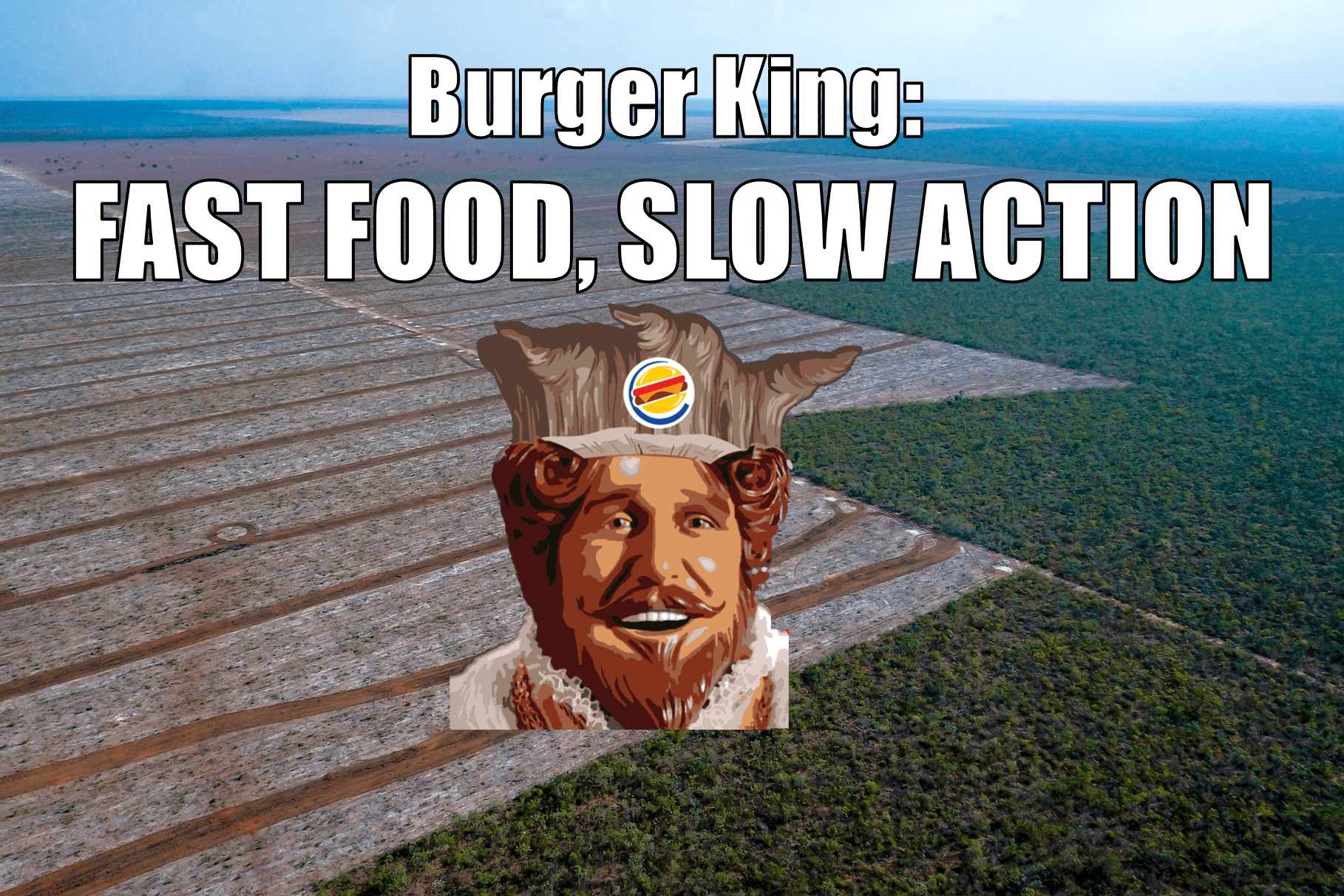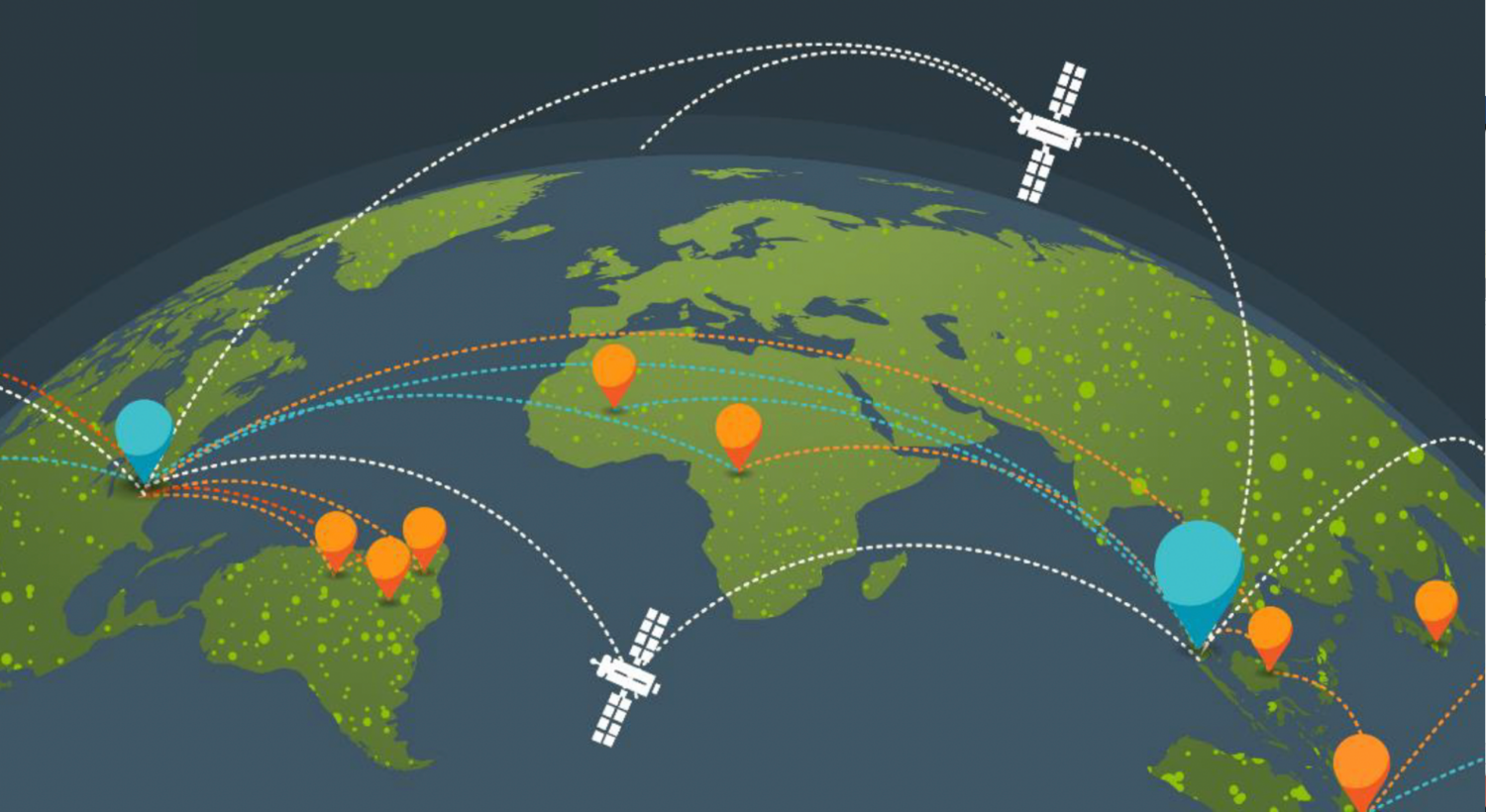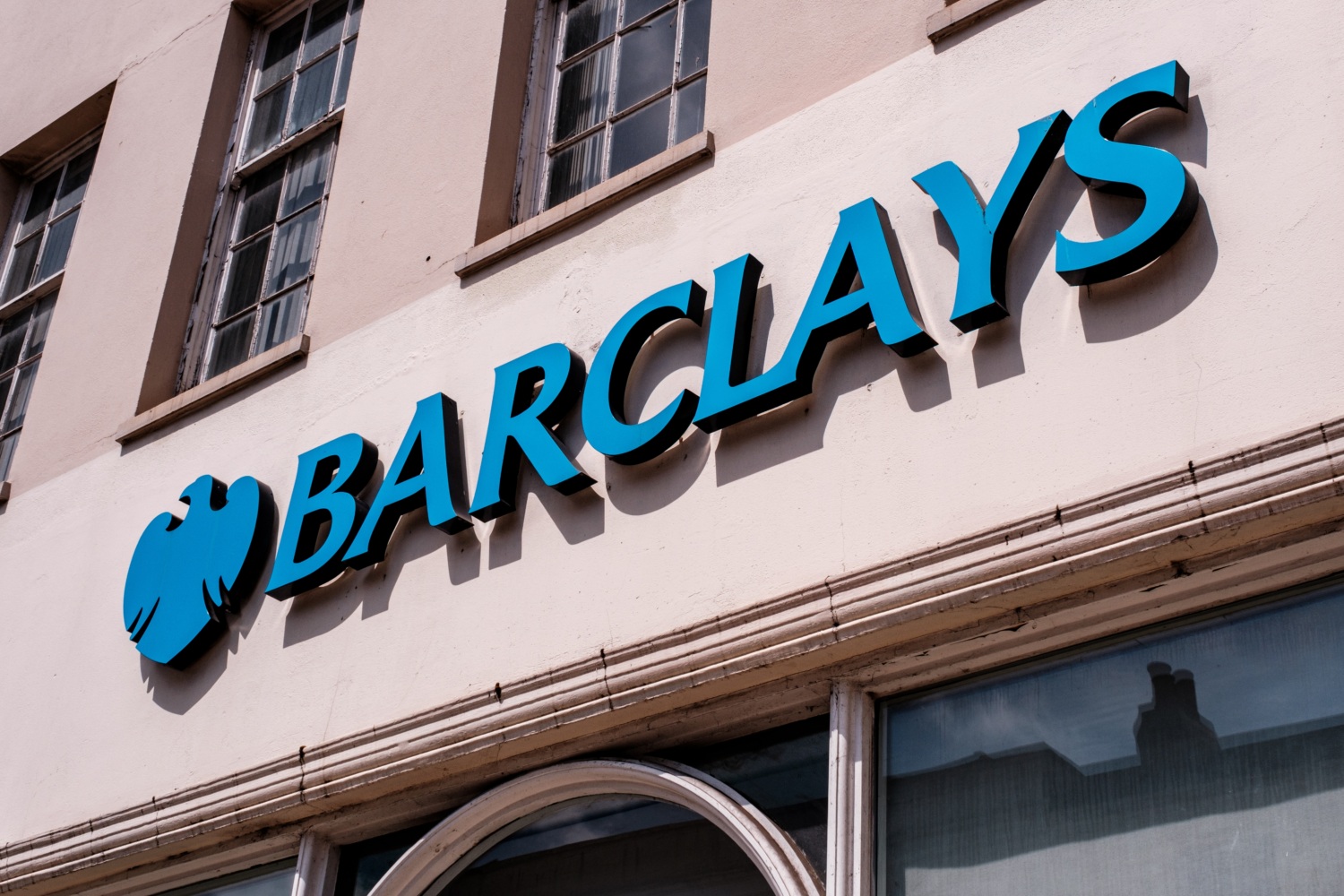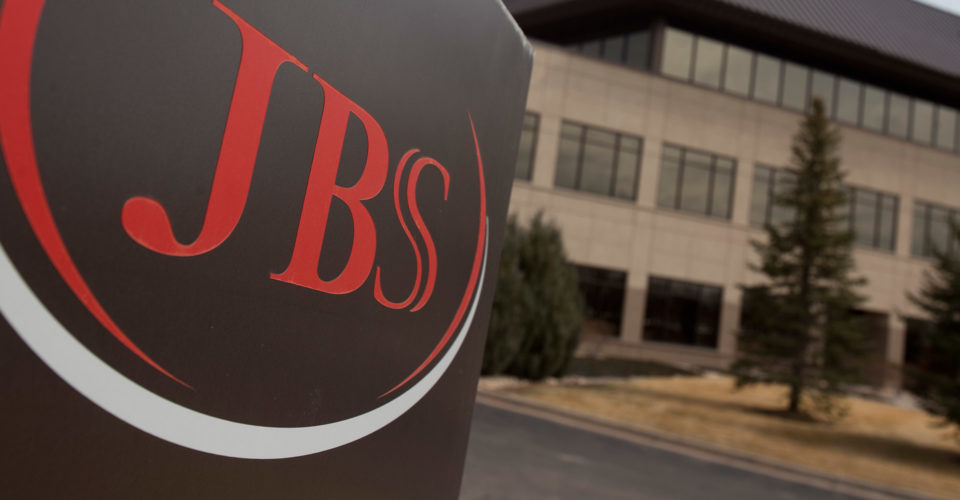
Burger King Commits to Stop Destroying Rainforests…in 13 Years
Burger King released new environmental commitments today following a joint campaign by Mighty Earth, Union of Concerned Scientists, Rainforest Foundation Norway, and SumOfUs. BK set a goal of eliminating deforestation and protecting local communities connected to raw materials like beef, chicken, animal feed (typically soy), palm oil, as well as paper and other packaging by 2030. In addition to Burger King, this policy also applies to Tim Hortons and Popeyes, which are all part of the Restaurant Brands International conglomerate.
When it comes to protecting forests, Burger King means fast food and slow action. They’re giving irresponsible agribusiness companies like Cargill and Bunge 13 years to stop destroying rainforests, instead of telling them that they need to stop now. Over the past 13 years, 271 million acres of rainforest has been destroyed around the world to make room for products including Whoppers, Crispy Chicken Jr.’s, and Bacon Kings. Burger King is sending a message that it’s okay for Cargill and Bunge to keep revving up the bulldozers.
Mighty Earth and Rainforest Foundation Norway released the “Mystery Meat” report about how Burger King keeps the origins of its meat secret. Through remote sensing, supply chain investigation, drone videos and field visits to 29 plantations across 3,000 kilometers of jaguar and sloth habitat in Brazil and Bolivia, the report chronicled Burger King and its suppliers’ massive contribution to rainforest destruction.
In the wake of the report, more than a dozen companies including McDonald’s, Dunkin’ Donuts, Unilever, Nestle, Carrefour and Walmart have stated their support for an immediate end to deforestation for soy, the major feed for livestock.
While the 2030 deadline applies to beef and animal feed used to raise the livestock that go into its chicken, bacon, and beef, Burger King also has a significant environmental impact through the palm oil it uses. Unfortunately, the company is not revealing its suppliers, but instead subsidizing the industry-backed Roundtable on Sustainable Palm Oil, which allows destruction of secondary forests and carbon-rich peatlands. Mighty Earth called on Burger King to accelerate its action and focus on driving suppliers to immediately eliminate deforestation and human rights abuse.


